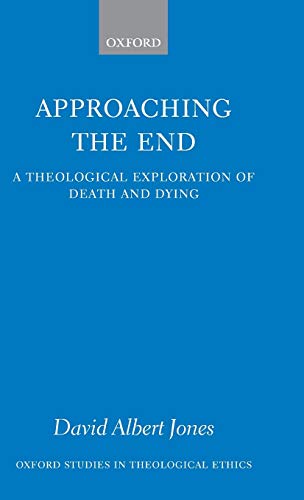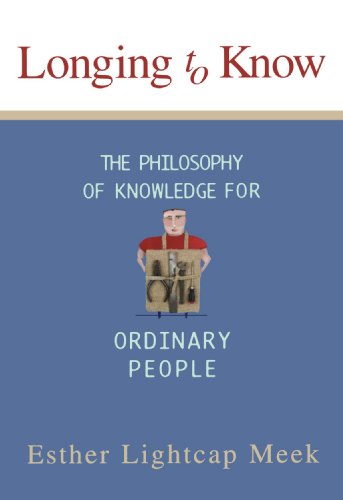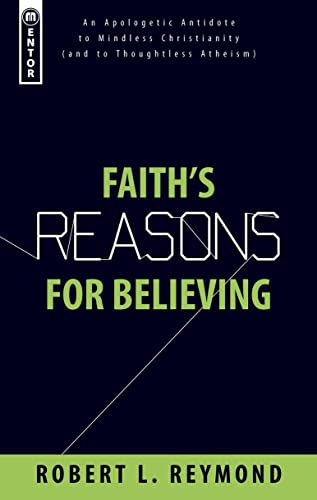Covenant, Justification, and Pastoral Ministry: Essays by the Faculty of Westminster Seminary California
Written by R. Scott Clark, ed. Reviewed By Graham BeynonThis volume is a series of essays that stemmed from a conference organised by Westminster Seminary, California—all of the contributors hold faculty positions at that institution. The volume interacts with the ongoing discussion over justification raised by the New Perspectives on Paul and the Federal Vision.
The essays are divided into four areas: Orientation, Exegetical and Biblical Theology, Systematic Theology, and Pastoral Ministry. As with any multi-author volume it is difficult to summarise.
The opening section involves two essays orientating the reader to the current situation. This involves description of the two main groups in view—the New Perspectives on Paul and the Federal Vision—and specific individuals such as N. T. Wright and Norman Shepherd. We see within the opening chapters an occasional tendency to orientate the debate over confessions of faith; this is seen in other later essays. That is of course a reasonable discussion to have, but when a confession has been drawn into question by someone’s exegesis, it is the exegesis that must be debated.
It is exegesis that occupies the second section of the book with essays particularly focussing on the covenant of works and the presence or absence of ‘covenantal nomism’ in Moses and Paul. There are helpful and convincing arguments made, especially in the essay by Steven Baugh which points out some of the methodological errors of the New Perspective and argues for justification solely on the basis of Christ’s act of righteousness for us.
The involved nature of the discussion is seen in these essays though. For example, Iain Duguid argues against covenantal nomism from God’s commitment to his covenant despite disobedience that results in the exile. However, one can argue for a version of covenantal nomism precisely because of the punishment of the exile; there is a clear biblical strand that sees Israel as being put out of the covenant. The question is how one puts this together with God’s gracious promise to restore a remnant and to introduce a new covenant. Overall, however, it robustly defends the traditional position.
The third section focuses on systematic theology. The prelapsarian covenant of works, the traditional understanding of the pactum salutis, and the imputation of Christ’s active obedience are all defended. Michael Horton’s essay is one of the best in the book in showing how both the New Perspective and Federal Vision have a mono-covenantal approach that does not do justice to the biblical data and does not appreciate the subtlety of the position of the Reformers. On occasion in this section, one feels that the authors have not always appreciated the position of their opponents and so respond with a blunt instrument, but many careful and helpful points are made.
The fourth section looks at the implications for pastoral theology. This is probably the weakest section of the book in that several essays go back over arguments and positions previously established earlier in the book to the extent that they cease to be focused on pastoral implications. However, helpful directions are set in the pastoral implications of this foundational theological topic.
In summary, this is a very helpful book defending the traditional position on justification. Its strengths are the variety of perspectives and in-depth arguments made, and it deserves to be read by all involved in the ongoing discussion on understanding Paul.
Readers may be interested to know that a targeted response has been published primarily by those holding to some version of the Federal Vision (A Faith That Is Never Alone: A Response to the Faculty of Westminster Seminary California [ed. P. Andrew Sandlin; Kerygma, 2007]).
Graham Beynon
Graham Beynon is pastor of Grace Church in Cambridge, UK and director of independent ministry training at Oak Hill Theological College in London.
Other Articles in this Issue
Though his primary concern was how to persuade people from diverse backgrounds to embrace the gospel of Jesus Christ (1 Cor 9:12, 23), Paul, nonetheless, embodies a principle common to all who would provide leadership to a community comprised of a multiplicitous collection of rigid truth claims and behaviors...
The Ethnic Enemy—No Greek or Jew . . . Barbarian, Scythian: The Gospel and Ethnic Difference
by Keith FerdinandoWhatever 'globalisation' may be, it has been accompanied by insistent and sometimes violent affirmations of ethnic identity...
Despite a small flurry of attention over the past decade, Adolf Schlatter (1852–1938), Tübingen professor of New Testament and author of more than 440 written works, remains one of the most neglected yet illuminating theological voices of the past one hundred years...
Commentators have customarily interpreted Phil 2:12 as a reference to "working out" one's personal salvation...
Salvation History, Chronology, and Crisis:1 A Problem with Inclusivist Theology of Religions, Part 1
by Adam SparksA fundamental requirement in an inclusivist understanding of the relationship between Christianity and other religions is evidence of God's salvific activity outside of any knowledge of Christ...







